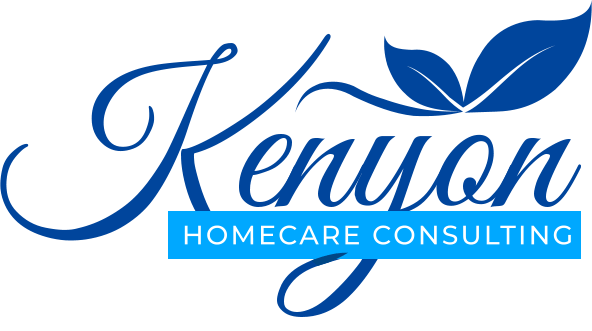Chronic disease management in homecare still isn’t getting the outcomes agencies desire. Consider your current program and whether chronic disease been updated in the last 10 years. If you aren’t seeing positive outcomes, then consider what’s missing from the MD office to the homecare environment.
Coordinating Care Directly With MD:
Coordinating care in a meaningful fashion is still tough across the healthcare spectrum. While technology allows access between different realms of healthcare, it doesn’t always translate well. It is tough when an MD practice wants communication in writing, but staff needs to speak with another clinician directly. It’s also difficult for MD offices if orders are not followed in the manner desired. Bottom line is that communication directly with the MD makes a huge difference in chronic disease management. Working with MD practices to develop streamlined chronic disease management will benefit everyone involved in care. Let’s look at how that translates into successful patient care.
Chronic Disease Management WITH The Patient:
When the patient is in the MD office, there is some amount of teaching completed with the patient. Because the patient may not see the MD for an extended period, is becomes difficult for the MD to evaluate patient understanding. A recent study showed improved patient engagement and capacity for self-care with 45-minute teaching sessions from medical student after the patient was seen by the MD. This is what homecare needs to emulate the day after the patient has seen the doctor. If the MD office works directly with homecare, the next nursing visit needs to be an extension of the MD visit. The point of disease management is not “sick” care. It is a way to best maintain health and well-being with a patient who believes in his or her own ability to manage the disease.
What Are The Next Steps?
In order to coordinate with an MD office on a coordinated management plan, your agency should be well-educated in chronic disease care. This includes all disciplines of clinicians. Here are the steps to take:
Provide Chronic Disease Management Training To All Clinical Disciplines
Update Your Chronic Disease Program
Partner With Local Physician To Pilot Coordinated Program
Frequently Evaluate The Efficacy Of The Program
Use The Partnership And Program As A Marketing Tool
Chronic Disease Management And Training Programs:
At Kenyon Homecare Consulting, we specialize in education and training programs focused on high quality outcome-based care plans. To see if Kenyon is the right fit for your agency needs, call us at 206-721-5091 or contact us online for your free 30-minute consultation.










